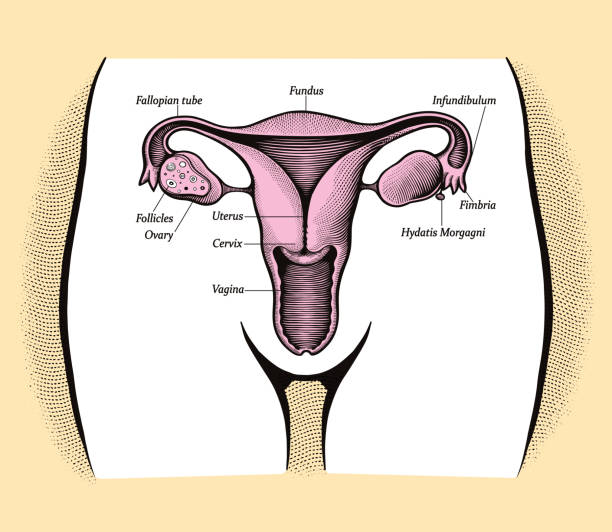Every woman has a natural vaginal scent that can vary slightly throughout her menstrual cycle. However, when the odour becomes strong, foul, or unusual, it might indicate an underlying health issue that requires attention. Understanding the types of vaginal odour, their causes, and what they mean is crucial to maintaining good vaginal health.
This article explains the different types of vaginal smells, their meanings, symptoms to watch for, and when to see a doctor — all in simple terms.
What Is Normal Vaginal Odour?
The vagina is self-cleaning and produces natural secretions that help maintain its pH balance. A mild, musky, or slightly sweet scent is normal, especially after sweating or during ovulation. However, sudden changes in odour or the appearance of strong, fishy, metallic, or foul smells may be signs of infection or imbalance.
Types of Vaginal Odour and Their Meanings
1. Fishy Odour
Cause: Bacterial Vaginosis (BV)
Meaning: This is one of the most common causes of abnormal vaginal smell. BV occurs when there’s an overgrowth of harmful bacteria that disrupts the normal vaginal flora.
Symptoms: Thin grey or white discharge, itching, burning during urination, and a strong fishy smell especially after sex.
2. Yeast-Like or Bread Smell
Cause: Vaginal Candidiasis (Yeast Infection)
Meaning: Caused by the overgrowth of Candida, a naturally occurring yeast in the vagina.
Symptoms: Thick, white, clumpy discharge (like cottage cheese), severe itching, swelling, and redness around the vaginal opening.
3. Metallic Smell
Cause: Blood (menstrual cycle, small cuts, or irritation)
Meaning: A metallic odour is often due to the presence of blood, such as during menstruation or after rough sex that causes minor abrasions.
Symptoms: Usually no alarming signs unless bleeding occurs outside your period.
4. Rotten or Foul Smell
Cause: Retained foreign object (e.g., forgotten tampon)
Meaning: A bad or decaying smell can be a sign of an old tampon or another foreign object left in the vagina, leading to infection.
Symptoms: Brown, bloody, or unusual discharge, lower abdominal pain, and fever if infection worsens.
5. Sweet or Fruity Smell
Cause: High sugar levels (possibly diabetes), diet, or changes in vaginal flora
Meaning: Sometimes linked to excess sugar in vaginal secretions. Not always harmful, but if persistent, it may indicate underlying metabolic issues.
Symptoms: May include dryness, mild discomfort, or unusual discharge.
Other Causes of Unusual Vaginal Odour
Hormonal changes (e.g., pregnancy, menopause)
Poor hygiene or synthetic underwear
Sweating and friction
Sexually transmitted infections (STIs)
Douching or scented feminine products that disrupt vaginal pH
When to Be Concerned
If vaginal odour is accompanied by:
Unusual or thick discharge
Burning sensation
Itching or swelling
Pain during sex or urination
Fever or pelvic pain
You should see a medical professional immediately.
Tips to Prevent Unpleasant Vaginal Odour
Gently wash the vulva (outer part) with warm water only — avoid douching.
Wear breathable cotton underwear and avoid tight synthetic fabrics.
Change underwear daily and after workouts.
Eat a balanced diet with probiotics (like yogurt or kefir).
Stay hydrated and practice safe sex
When to Seek Help — Use Virtual Doctors App
Do not self-medicate or rely on over-the-counter products without professional advice. If you’re experiencing persistent or unusual vaginal odour, get expert help right from your phone.
👉 Register to book an appointment with a licensed doctor at Virtual Doctors
📲 Or download the Virtual Doctors Healthplus App on Google Play for fast, confidential medical consultation from your home.
Vaginal odour is a normal part of being a woman, but it should never be ignored when it changes drastically or comes with other symptoms. Knowing what each type of smell could mean helps you act early and protect your reproductive health.
When in doubt, consult a doctor — and with Virtual Doctors, expert help is just a click away.
